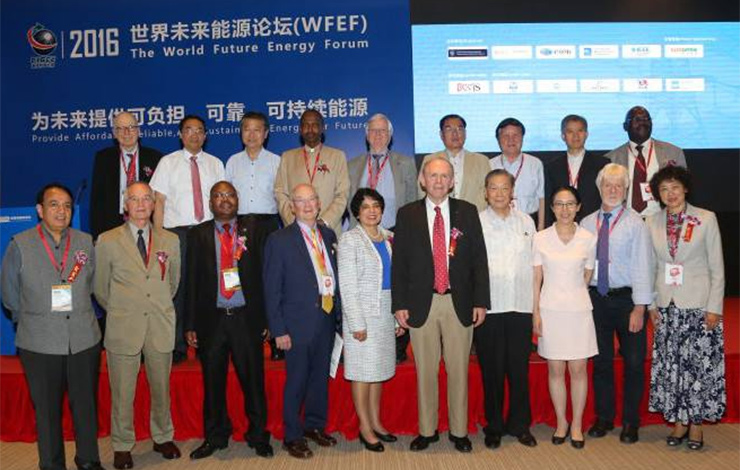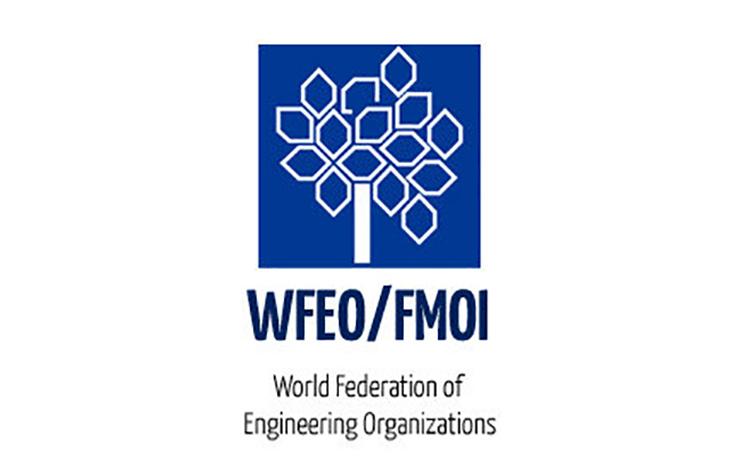To fight corruption in the construction sector, this program empowered national engineering societies and individual engineers to publicly speak out against corruption and engaged civil society and business associations in developing local initiatives to fight corruption on the ground. As part of the program, WFEO hosted a three-day train-the-trainers workshop on ethics and business integrity for 30 leaders from 9 countries, which was expanded in 2010 for over 100 young engineers from across Sub-Saharan Africa.
Challenge

Construction is cited as one of the most corrupt industries worldwide. Since engineers are very much involved in construction projects as designers in consulting firms, builders in construction companies, or involvement in the maintenance phase, corruption can seriously impact their profession. For example, corruption has resulted in lost employment opportunities, suspicions regarding engineers' moral integrity, and noncomformity among technical and safety standards in construction projects. However, engineers have the potential to detect and denounce corrupt practices, and therefore have an unique opportunity to encourage the adoption of mechanisms to make infrastructure projects more transparent, thereby reducing the risk of corruption.
Program Summary
The project aimed to empower national engineering societies and individual engineers to publicly speak out against corruption and to work with other NGOs and business associations to develop local initiatives and engage in on-the-ground efforts to fight corruption. To empower engineers, the WFEO standing committee on anti-corruption hosted a three day train-the-trainers workshop, entitled "Ethics and Business Integrity Management in Infrastructure and Procurement". The workshop covered issues such as:
- How to prevent corruption in construction operations;
- International and regional norms and guidelines for preventing corruption in procurement and throughout the construction project cycles;
- Implementing anti-corruption systems in construction projects.
Impact
The workshop met its goal of attracting over 27 leaders from more than 9 countries and from a variety of disciplines, including: education, engineering, law, environment, business, and finance. The program's workshops have already led to tangible results. For example, the Nigerian delegation has already formed a committee of participants to develop training modules for the conduct of the in-country training.
Partners
Partners included:
- The American Bar Association;
- The Global Anti-Corruption and Training Project;
- The Global Infrastructure Anti-Corruption Center;
- The International Federation of Consulting Engineers; and
- The American Society of Civil Engineers


